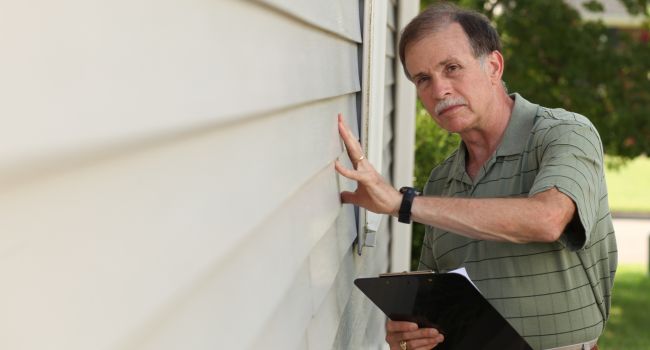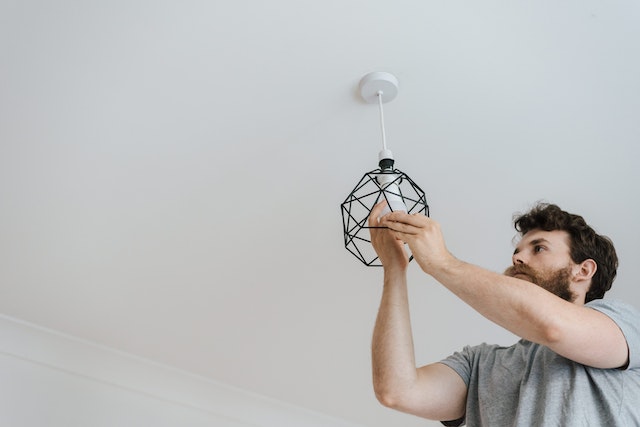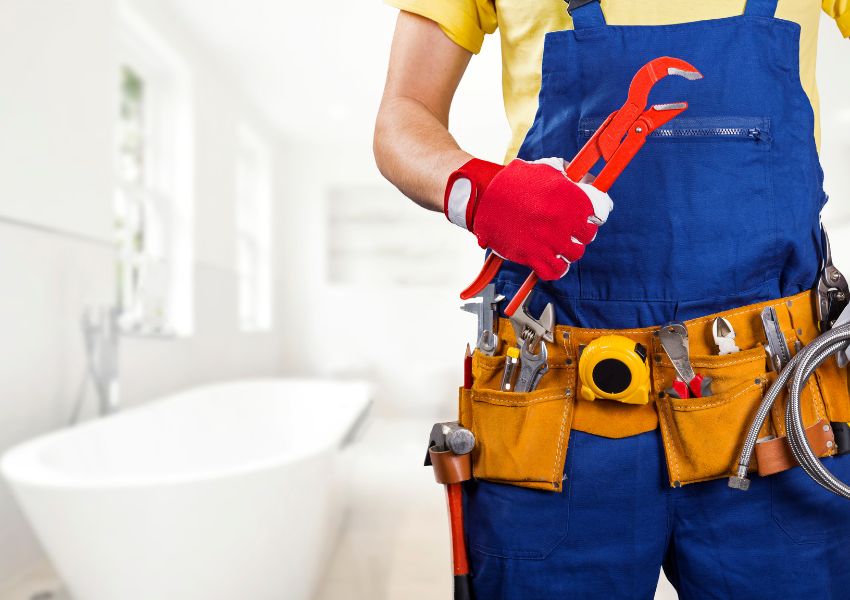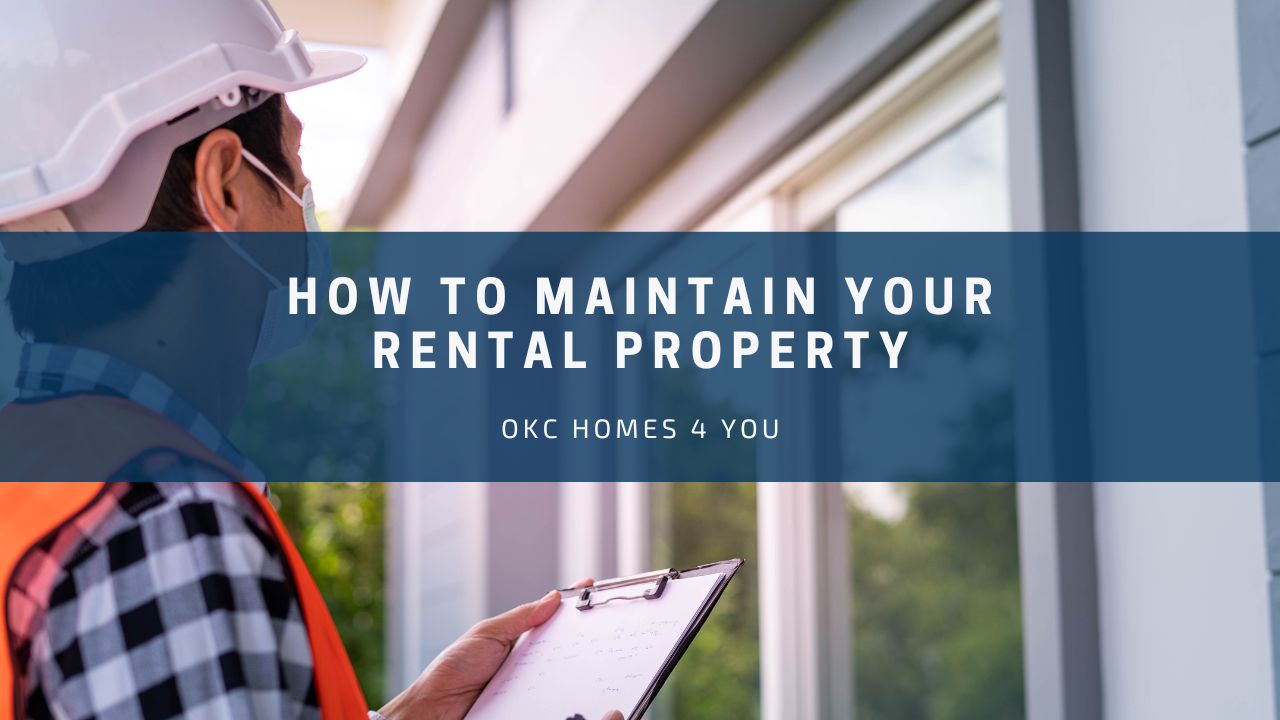One of the most crucial aspects of renting out a home is ensuring that it remains in good condition throughout the lease term. A well-maintained property not only attracts and retains tenants but also helps prevent costly repairs down the line. Regular maintenance and addressing issues promptly can extend the lifespan of your property and preserve its value.
However, property maintenance involves more than just fixing things when they break. There are both legal and practical aspects that landlords must consider, including what they are required to maintain and what responsibilities tenants have in helping keep the property in good shape. Understanding these responsibilities will help you avoid common pitfalls and ensure a positive experience for both you and your tenants.
Landlord’s Responsibilities for Property Maintenance
As a landlord, you are legally responsible for maintaining your rental property in a safe and habitable condition. This means that you must ensure the property meets local housing codes and regulations, which often include things like plumbing, heating, electrical systems, and structural integrity. Landlords are expected to address issues that affect the habitability of the property, such as broken pipes, faulty wiring, or a malfunctioning heating system.
In addition to ensuring that the property is habitable, landlords are often responsible for common area maintenance in multi-unit buildings. This includes tasks such as maintaining shared hallways, stairways, elevators, and parking areas. Regular inspections and prompt repairs are essential to prevent minor issues from turning into larger, more expensive problems.

Furthermore, landlords are usually required to maintain the exterior of the property, including keeping up with landscaping and ensuring that the property is free from hazards, such as overgrown shrubs or broken fences.
Tenant Obligations for Property Maintenance by Law
While landlords have primary responsibility for maintaining the rental property, tenants also have certain obligations to help keep the property in good condition. These responsibilities are generally outlined in the lease agreement. Tenants are expected to keep their rental unit clean and take care of basic upkeep tasks, such as changing light bulbs and taking out the trash.
Tenants must also report any issues that require repair or attention. Most lease agreements require tenants to inform the landlord promptly if there is a problem, such as a leaky faucet, broken appliance, or pest infestation. Failure to report issues in a timely manner can lead to further damage, which could make the tenant responsible for repair costs. Additionally, tenants should avoid making unauthorized alterations or repairs to the property without the landlord’s consent.
In many areas, tenants are legally required to maintain the property in a way that does not create a health or safety hazard. This includes properly disposing of waste, keeping the unit free of mold, and making sure that the unit is adequately ventilated. Tenants who violate these responsibilities could face penalties or even be held liable for damages to the property.

Other Opportunities for Property Maintenance
Beyond the basic maintenance tasks required by law, landlords can also take proactive steps to maintain their property and enhance its appeal. Preventative maintenance is one of the best ways to avoid costly repairs in the future. Routine inspections allow you to spot problems early before they turn into major issues. For example, inspecting the roof, HVAC system, and plumbing regularly can catch issues early, saving money in the long run.
Landlords can also improve the property's curb appeal by investing in landscaping, painting the exterior, or updating outdated appliances. A well-maintained property can increase its value and attract higher-quality tenants. Staying on top of seasonal maintenance tasks, such as cleaning gutters and servicing the air conditioning system before the summer heat sets in is also a good idea.
Unlawful Maintenance Demands
While landlords have the right to require tenants to maintain their rental unit reasonably, it’s important to understand the boundaries of those expectations. Landlords cannot make certain maintenance demands, and it’s crucial to respect tenant rights. For example, landlords cannot demand that tenants make major repairs, such as fixing a leaking roof or replacing plumbing fixtures. These tasks fall under the landlord’s responsibility and should be handled by a professional.

Additionally, landlords cannot charge tenants for regular maintenance that falls within their own obligations. Any charges for repairs or maintenance must be clearly outlined in the lease agreement. Landlords should also avoid retaliating against tenants for reporting maintenance issues or exercising their legal rights. Retaliation could lead to legal consequences, including tenant lawsuits or rent withholding.
Furthermore, any maintenance request that imposes an unreasonable burden on the tenant—such as requiring them to perform work outside of their routine responsibilities—can be considered an unlawful demand. It’s essential to ensure that all expectations are fair, documented, and within the bounds of the lease agreement.
Bottom Line
Maintaining your rental property is a key aspect of being a successful landlord. While landlords are responsible for ensuring that the property remains habitable and compliant with local housing laws, tenants also play a vital role in keeping the property in good condition. By establishing clear responsibilities in the lease agreement and conducting regular maintenance, landlords can protect their investment and prevent costly repairs down the road.
At OKC Homes 4 You, we understand the challenges that come with managing rental properties. Our team can assist you with property maintenance, ensuring that both you and your tenants have a smooth experience. Whether you need help with repairs, inspections, or managing tenant concerns, we’re here to help. Contact us today to learn how we can support you in managing your rental property!





